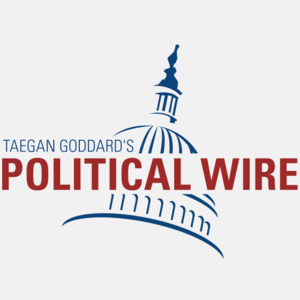President Biden is threatening to veto a bipartisan bill that would expand the number of federal judgeships, and in turn, give President Donald Trump more vacancies to fill. The JUDGES Act would create 63 new district level positions to help with an increased workload and Trump would be allowed to fill 22 of them.
The White House said in a statement that the bill is unnecessary.
“The bill would create new judgeships in states where Senators have sought to hold open existing judicial vacancies,” the White House statement said. “Those efforts to hold open vacancies suggest that concerns about judicial economy and caseload are not the true motivating force behind passage of this bill now.”
That drew a rebuke from the Senate’s top Republican.
“It’s hard to imagine a justification for blocking the JUDGES Act that doesn’t smack of naked partisanship,” Sen. Mitch McConnell, R-Ky., stated. “It’s almost inconceivable that a lame-duck President could consider vetoing such an obviously prudential step for any reason other than selfish spite.”
This bill was bipartisan and, in a way, nonpolitical. The bill was reportedly about the numbers.
The number of federal judgeships has not expanded significantly in 35 years, since that time the U.S. population has increased by about 100 million people, with federal case filings rising by 40%.
The bipartisan sponsors of the bill said that the increase has led to delays and overburdened judges.
The bill will add 10 or 11 new seats every odd numbered year from 2025 to 2035. According to the bill’s sponsors, the new positions would be targeted to the busiest regions of the country by spreading out the judgeships across 13 states.
If the bill is signed into law, President Trump will be able to appoint 11 additional judges in 2025 and 11 more in 2027. Those 22 seats span the country; there are six in California, four in Texas and three in Florida, while the rest are dispersed in smaller states.


























